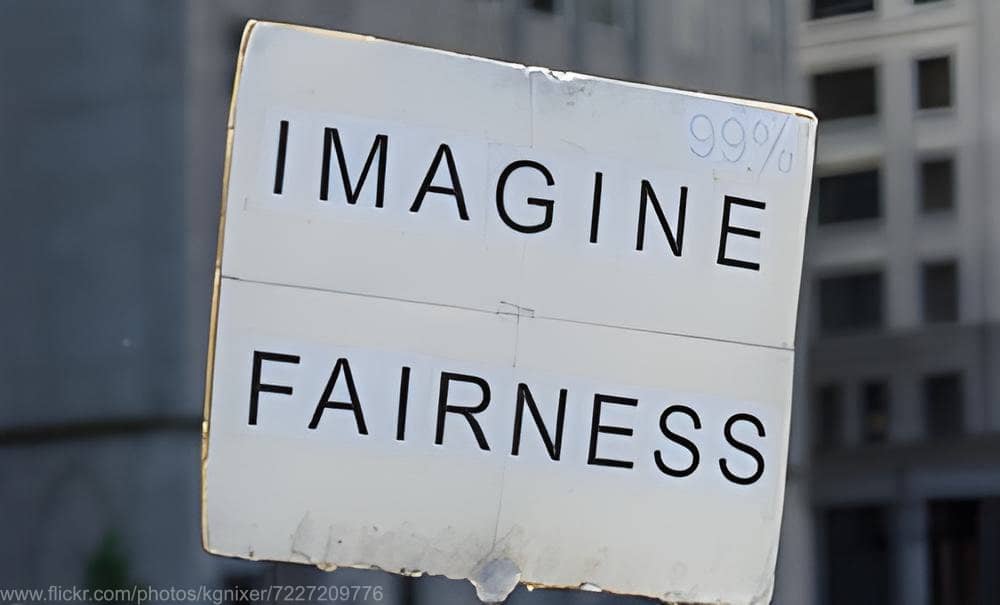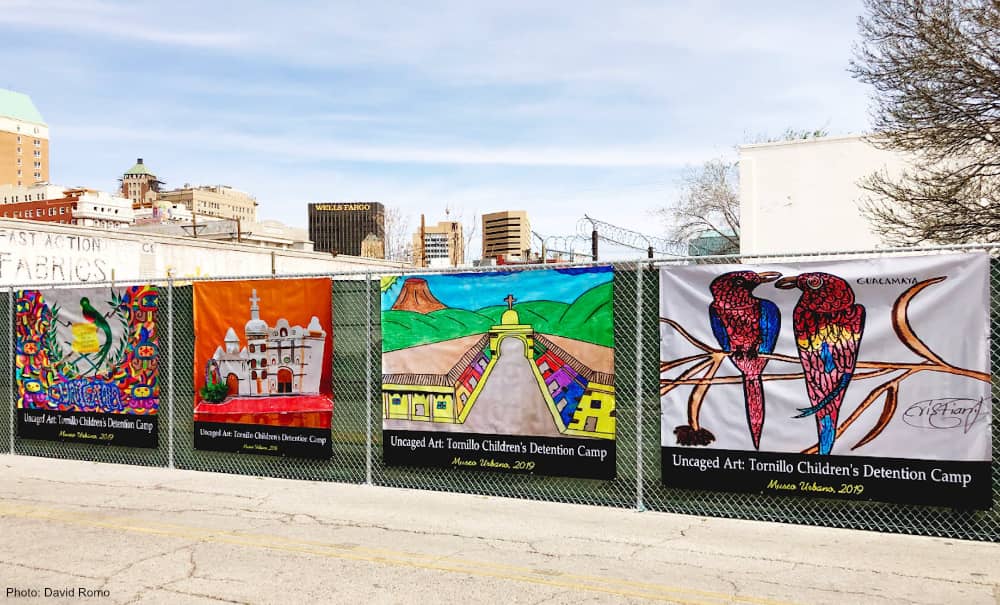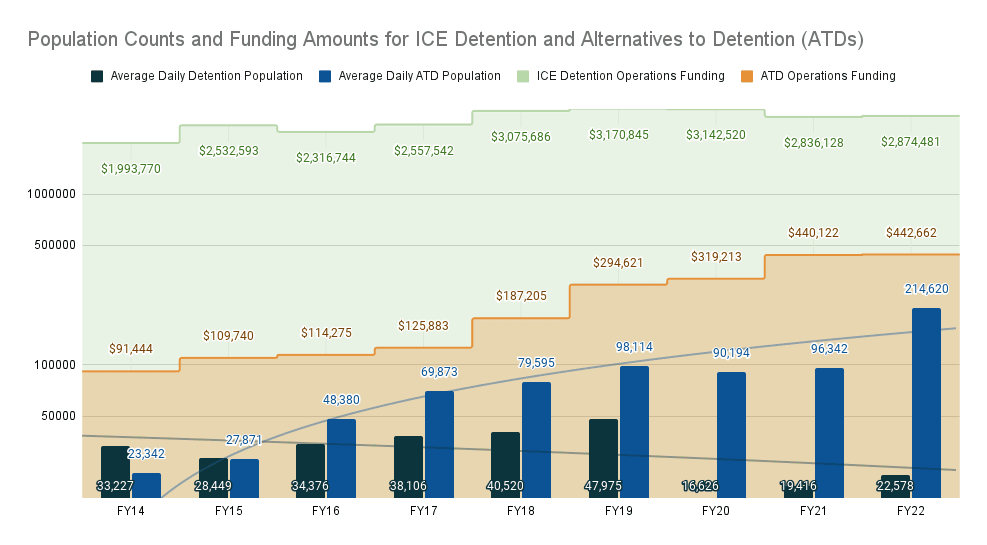
Dear friends,
For the first time, our newsletter today offers readers an imaginary ‘report’—inviting us to collectively wonder what our communities could be if immigrant justice for all were in place; what New York City could be if billionaires paid their share and immigrants, asylum seekers, and all of us lived in an everyday world of economic justice. Imagine that?! We follow-up with a report on the very real recent accomplishments and activism of three local immigrant-led groups: Adhikaar, Make the Road NY, and DRUM (Desis Rising Up & Moving).
Newsletter highlights:
- What If? immigrant justice came true
- Updates from Adhikaar, Make the Road NY, and DRUM
1. Imagine
“You may say that I’m a dreamer. But I’m not the only one.” —John Lennon, 1971
Imagine a New York that actually welcomed and appreciated immigrants. It’s easy if you try.
Imagine fully funded government programs offering work at union wages to immigrants and residents alike. Imagine massive recruitment and training programs tailored to rapidly expand public services, transit, and housing. To create universal health and elder care systems. To rebuild our crumbling infrastructure. (Like the storm sewers that keep backing up in Elmhurst, flooding our neighbors.) Imagine how this process would strengthen households, boost consumer spending and help small businesses prosper.
What if we didn’t let greed and income inequality shackle our dreams? Imagine that some long-overdue tax dollars from the rich were used to help immigrants to thrive, allowing them to lift up our society in turn.
Imagine restoring the federal tax brackets that were in effect from 1953 to 1961—during the Republican Eisenhower administration. The top tax bracket then was 91% instead of 37% like it is today. (AOC has put forward a related proposal: that income over $10 million should be taxed at 70%.) Imagine that New York State and City also started to tax multi-milllionaire wealth and end tax breaks for large developers, as several elected officials suggest? What kind of social programs could that money make possible?
Imagine allowing undocumented immigrants out of the shadows, and recognizing all the contributions they make. What if those of us who have legal status started to fully value and adopt the skills, knowledge, energy, and courage that immigrants bring with them?
What if we followed our own laws for people seeking asylum, upholding our commitments under the 1951 Refugee Convention?
Imagine how it would feel for this country and our city to embody values of equality and generosity. To offer, through our welcome to migrants, some partial healing for the harm the US has caused through colonialism and covert interventions in Central and South America. Wouldn’t this transition also be a powerful benefit to our entire social wellbeing: to the cultural, economic, moral, and emotional health of our communities?
Looked at from this point of view, the “migrant crisis” currently trumpeted by the billionaire class and their captive politicians is actually a manufactured crisis of income inequality, racist scapegoating, and austerity politics. As for those of us fighting for justice: we should never allow our politics—necessarily a politics of opportunity—to be held back by a crisis of imagination.
WHAT CAN WE DO?
- Build political pressure for taxing the rich. Check out Tax the Rich/Seize Our Future.
2. News from Local Immigrant Justice Groups
Three of our local groups promoting the rights of immigrants have reported on their latest work.
Adhikaar celebrated New Jersey Governor Phil Murphy signing into law on January 8, the NJ Domestic Worker Bill of Rights. (New York has passed laws protecting domestic workers in 2010 and 2021.) In 2017, Adhikaar began organizing in New Jersey to improve labor conditions for workers. In 2021, along with a broad coalition including NDWA (National Domestic Workers Alliance), they were ready to introduce the Workers’ Rights bill. And now it is law. The bill provides domestic workers:
- Minimum wage protections
- Protection from employer retaliation
- Guaranteed paid rest/breaks
- Advance notice of termination
- Written contract from employers
Adhikaar thanks all the members who worked on this issue as well as the spokespeople who publicly shared their stories of pain and joy, and everyone who stuck by this campaign even during the pandemic.
Make the Road NY reported that on January 17, members participated in a rally at the US Capitol calling on Congress to prioritize families and immigrants when drafting the budget. Advocates joined together before the expected January 19th deadline to urge Congress to fight for our communities and families by opposing:
- Any budget compromise that channels funding to punitive and destructive border policies.
- Any budget compromise that cuts funding below the levels set in the Fiscal Responsibility Act.
- Any poison pill policy riders that Republicans try to add to appropriations bills.
Speakers at the rally included Rep. Pramila Jayapal, Rep. Rashida Tlaib, and Rep. Cori Bush. On January 18, Congress passed a stopgap bill to fund the government until March, pushing real budget decisions down the road, as usual. Be sure that MTRNY will be back to voice its concerns.
DRUM (Desis Rising Up & Moving) has continued to pressure Congresswoman Grace Meng. On January 12, over 100 of Meng’s constituents joined a virtual meeting to urge her to call for a ceasefire in the Israel-Palestine war. So far she has refused. Perhaps this is the reason: Her largest source of funding is AIPAC (American Israeli Public Affairs Committee), with over $82,000 in contributions to her campaign. DRUM’s executive director stated that Meng’s refusal signals her disregard for certain constituents, especially those who are Muslim, Arab, Palestinian, or anti-Zionist Jewish people.
On January 24, DRUM rallied at Hostos Community College during Mayor Adam’s State of the City address. They reject the mayor’s harmful policies and cuts to essential programs and services like libraries, schools, pre-K, and CUNY—as he and his administration continue to endlessly fund the NYPD. The rally was part of DRUM’s support for Council Members Shahana Hanif, Tiffany Cabán, and Chi Ossé who lost committee appointments because of their rejection of the Mayor’s budget proposals.
WHAT CAN WE DO?
- If you are able, donate to any of these local immigrant justice groups to support their ongoing work: Adhikaar; and Make the Road NY; and DRUM.
In solidarity and with collective care,
Jackson Heights Immigrant Solidarity Network (JHISN)
Follow @JHSolidarity on Facebook and Twitter and share this newsletter with friends, families, neighbors, networks, and colleagues so they can subscribe and receive news from JHISN.

